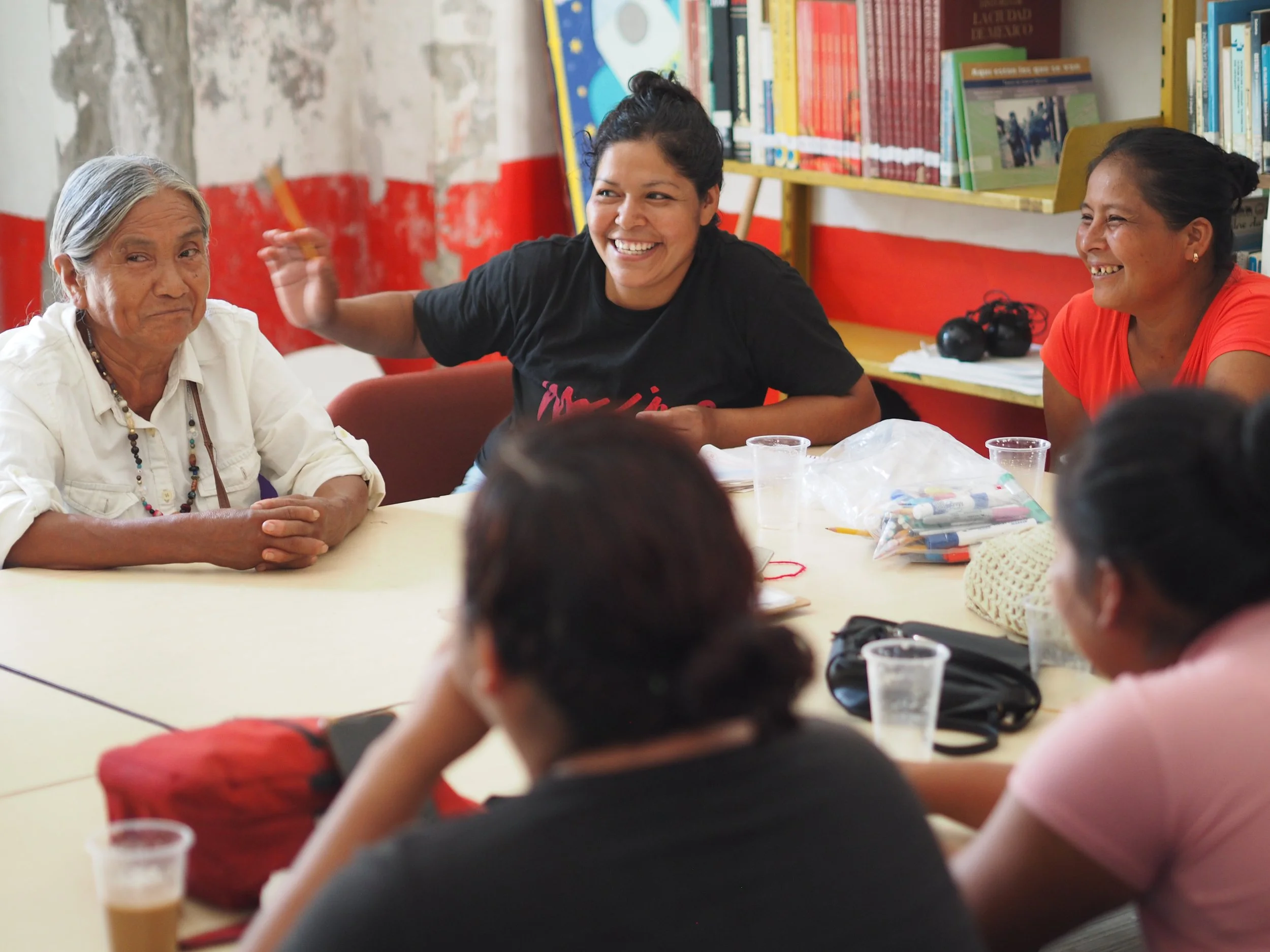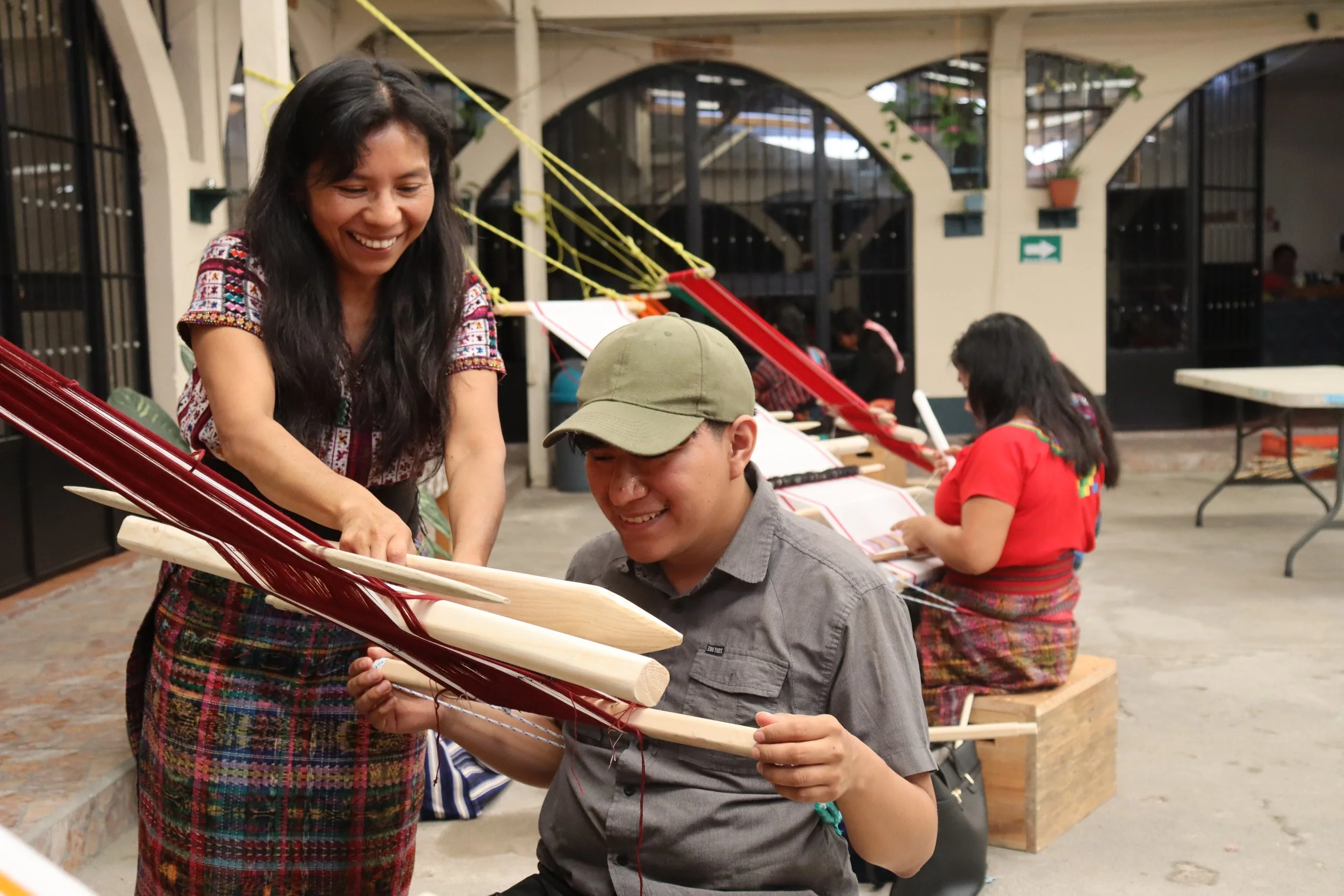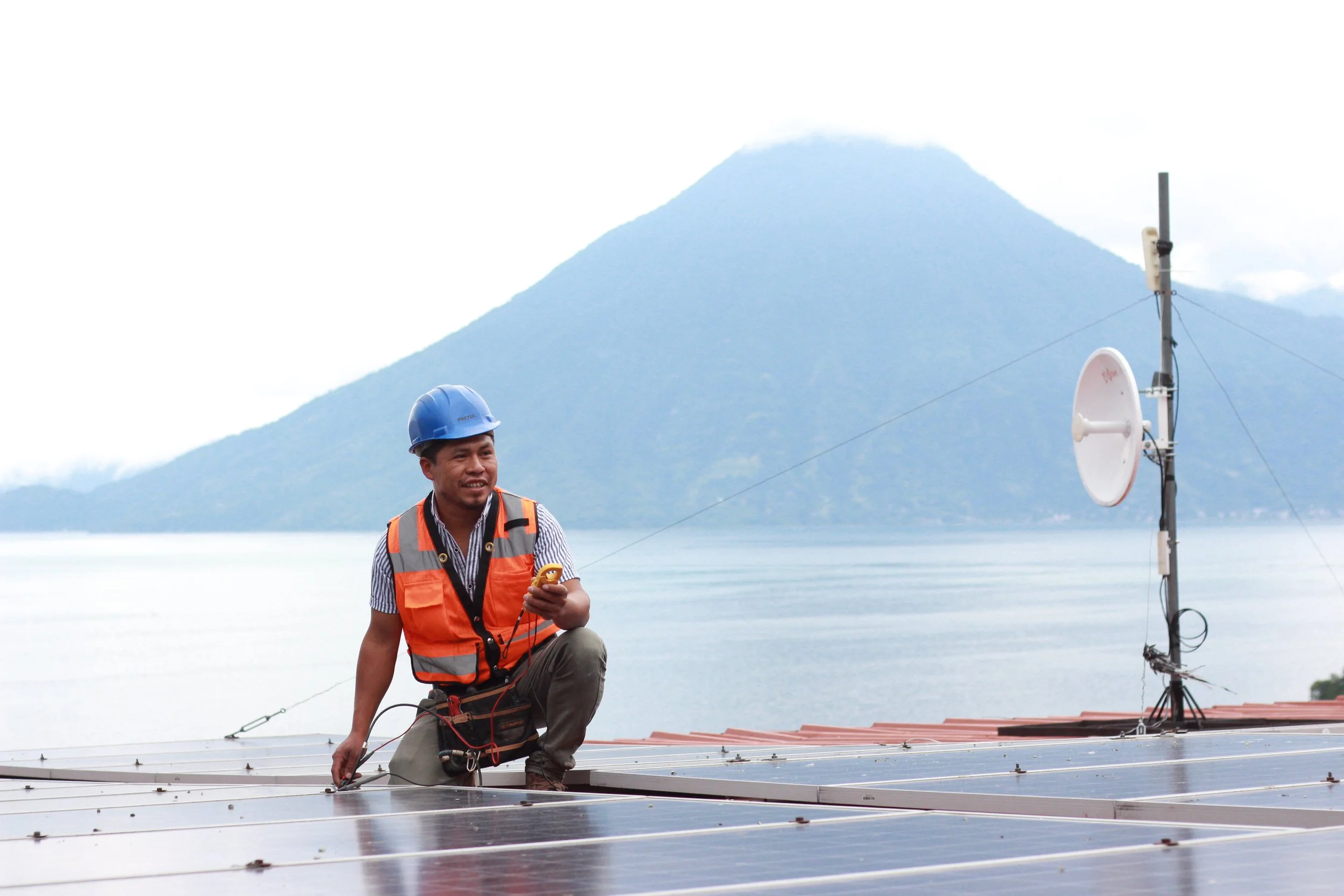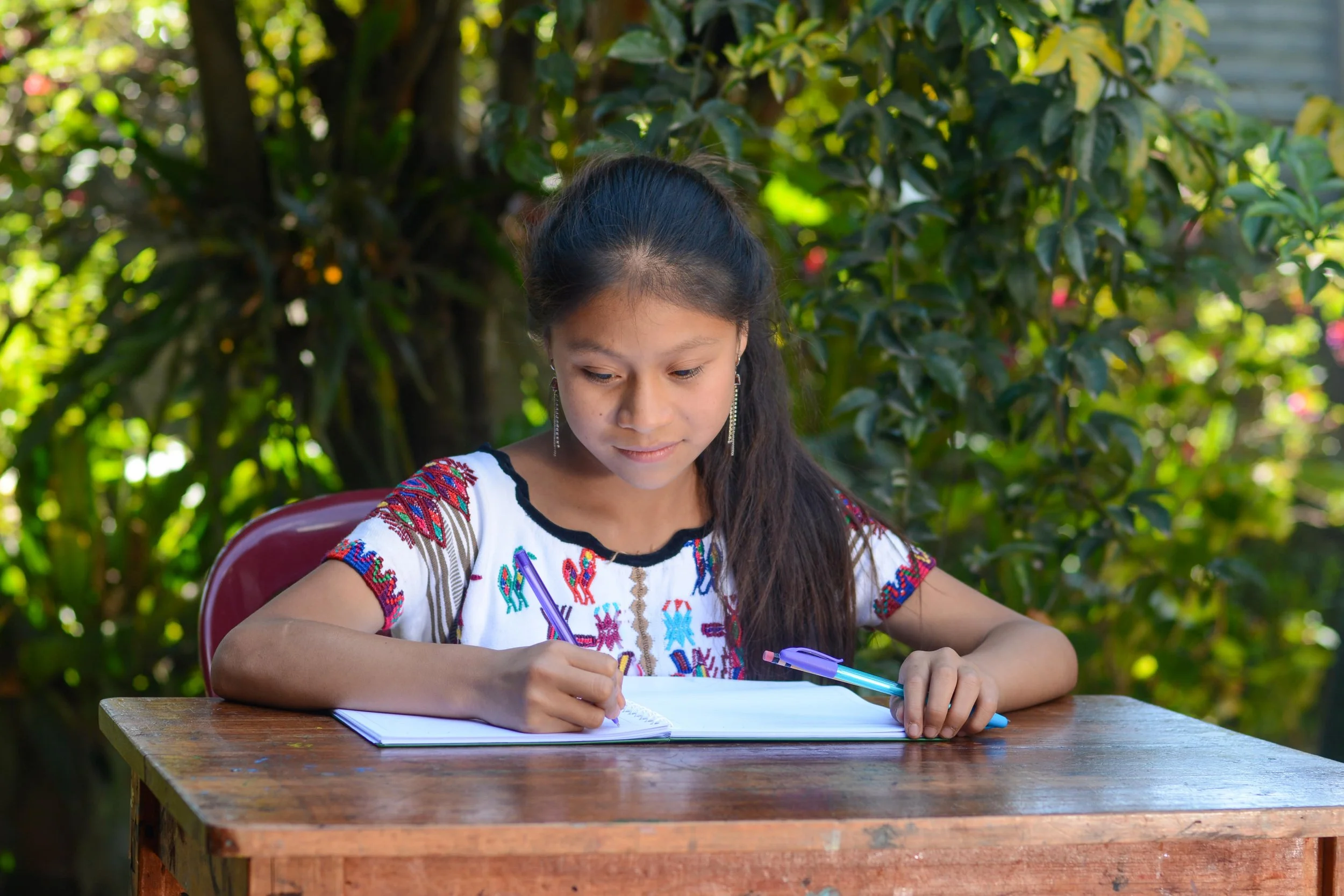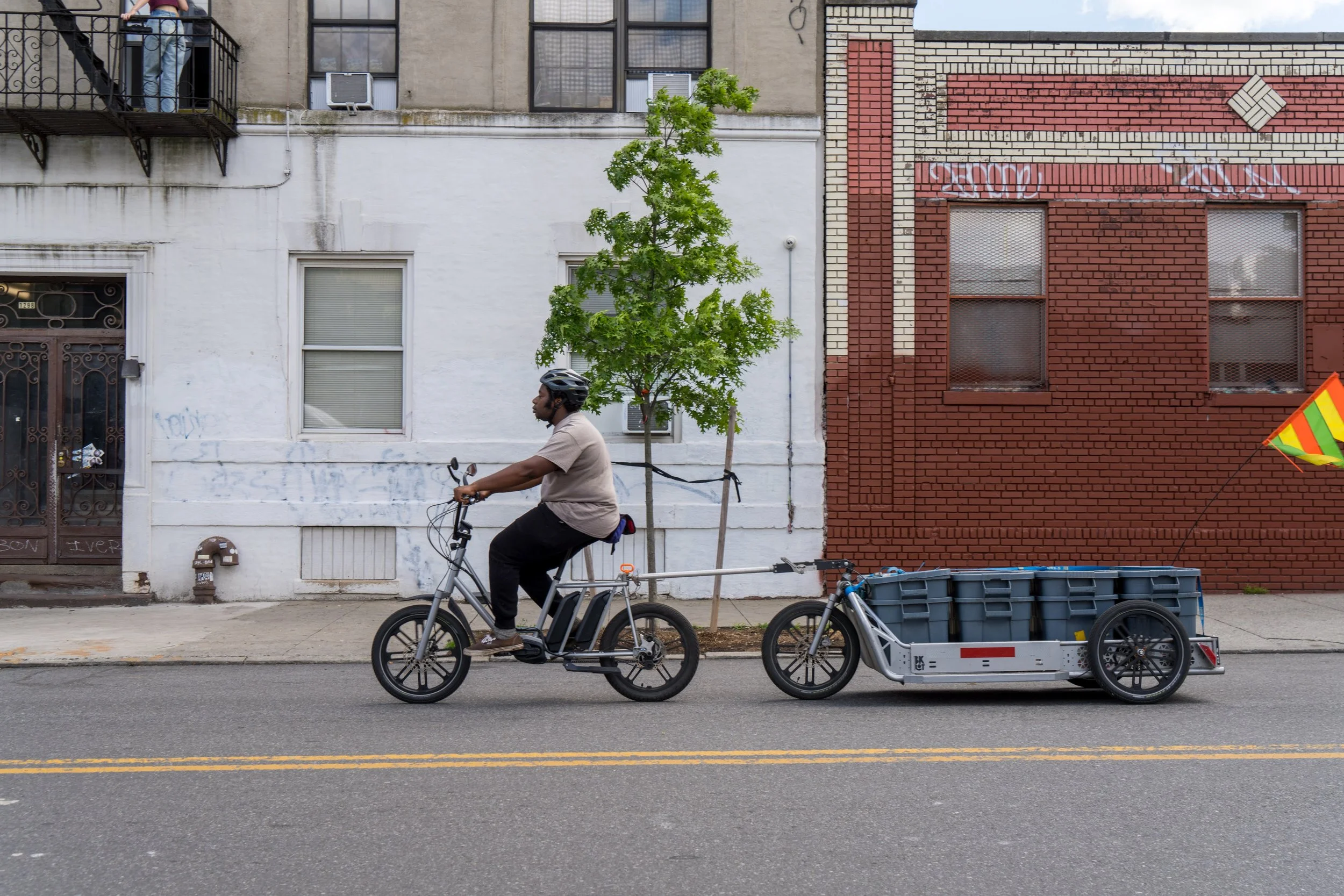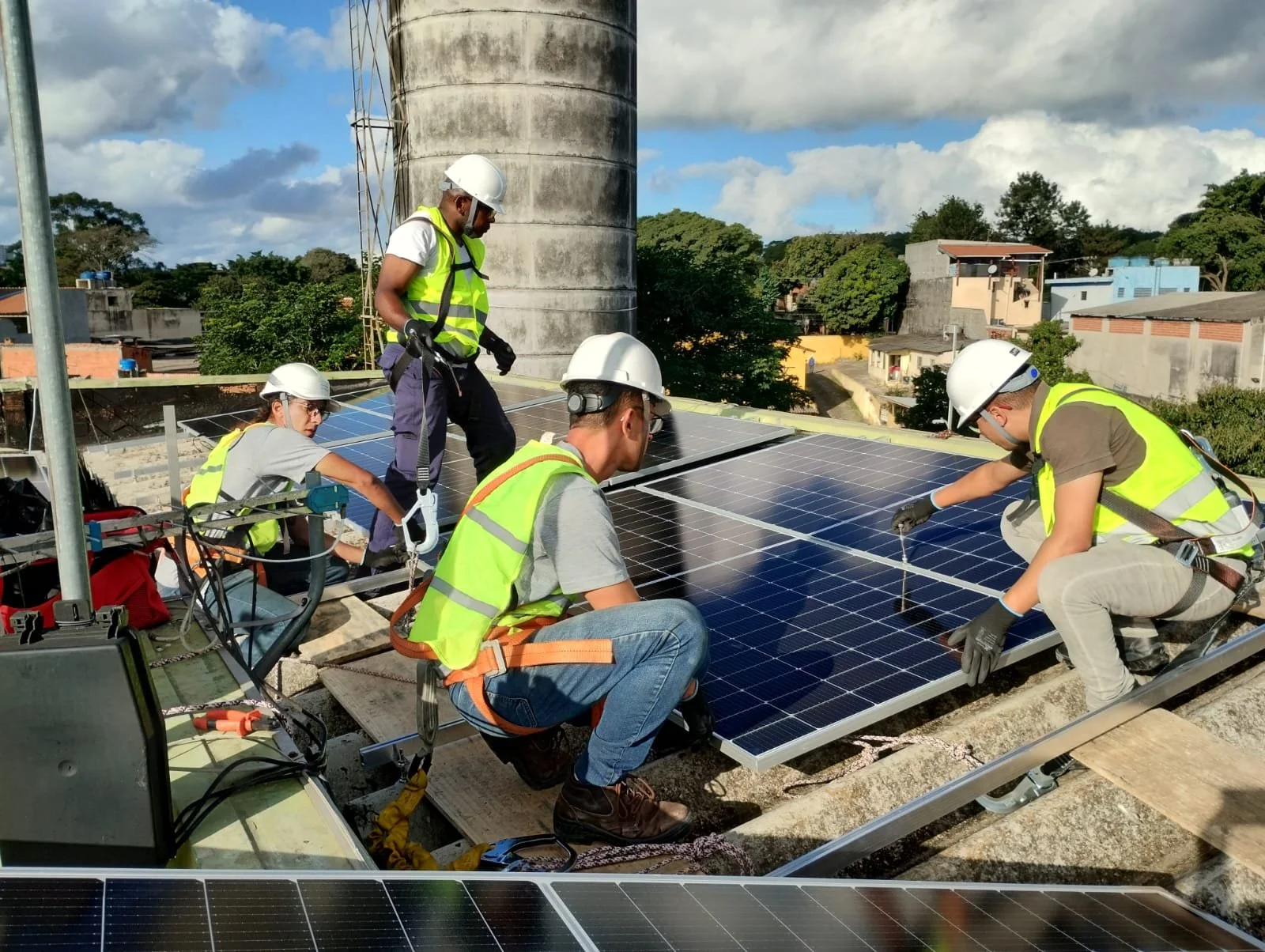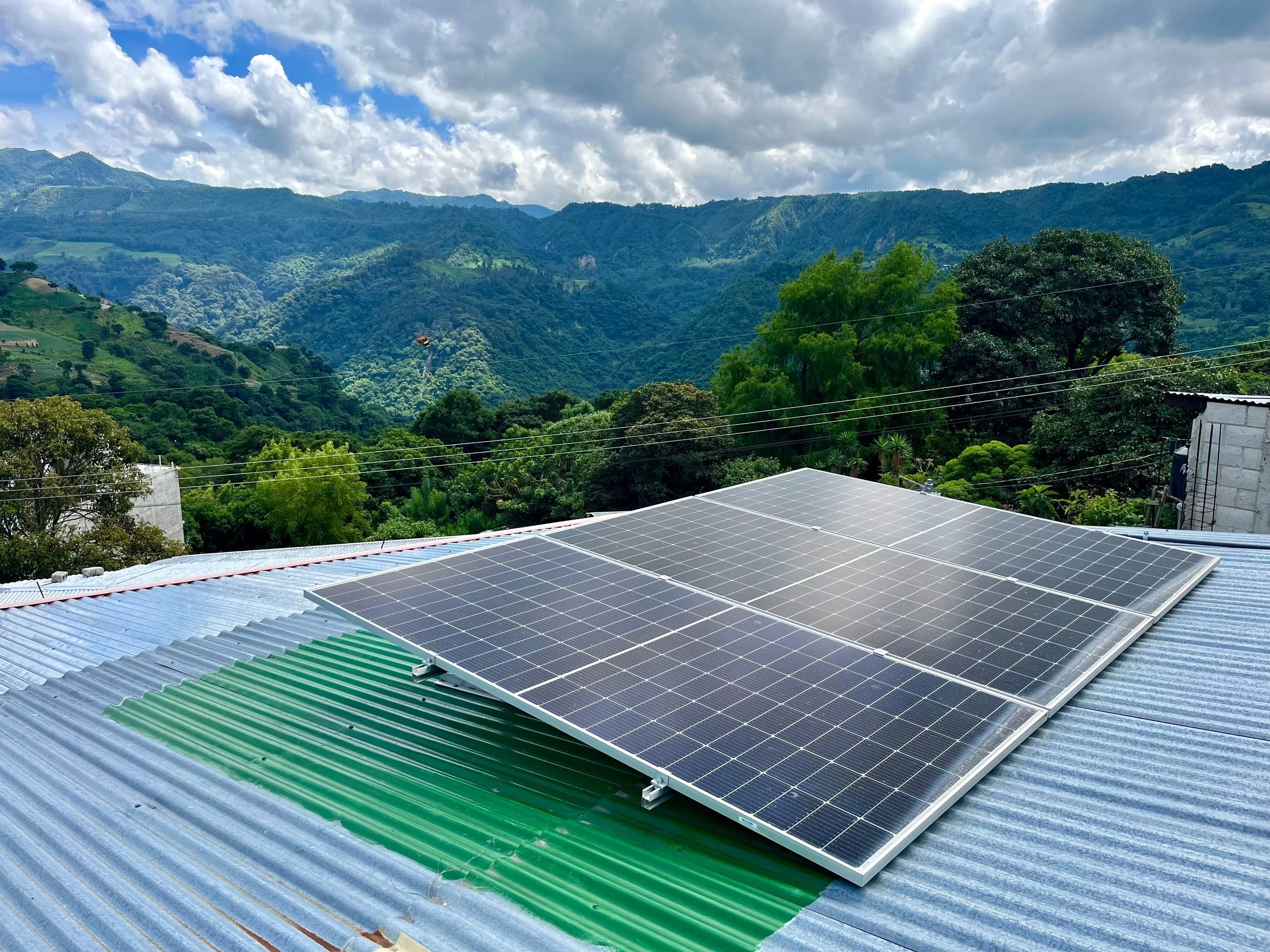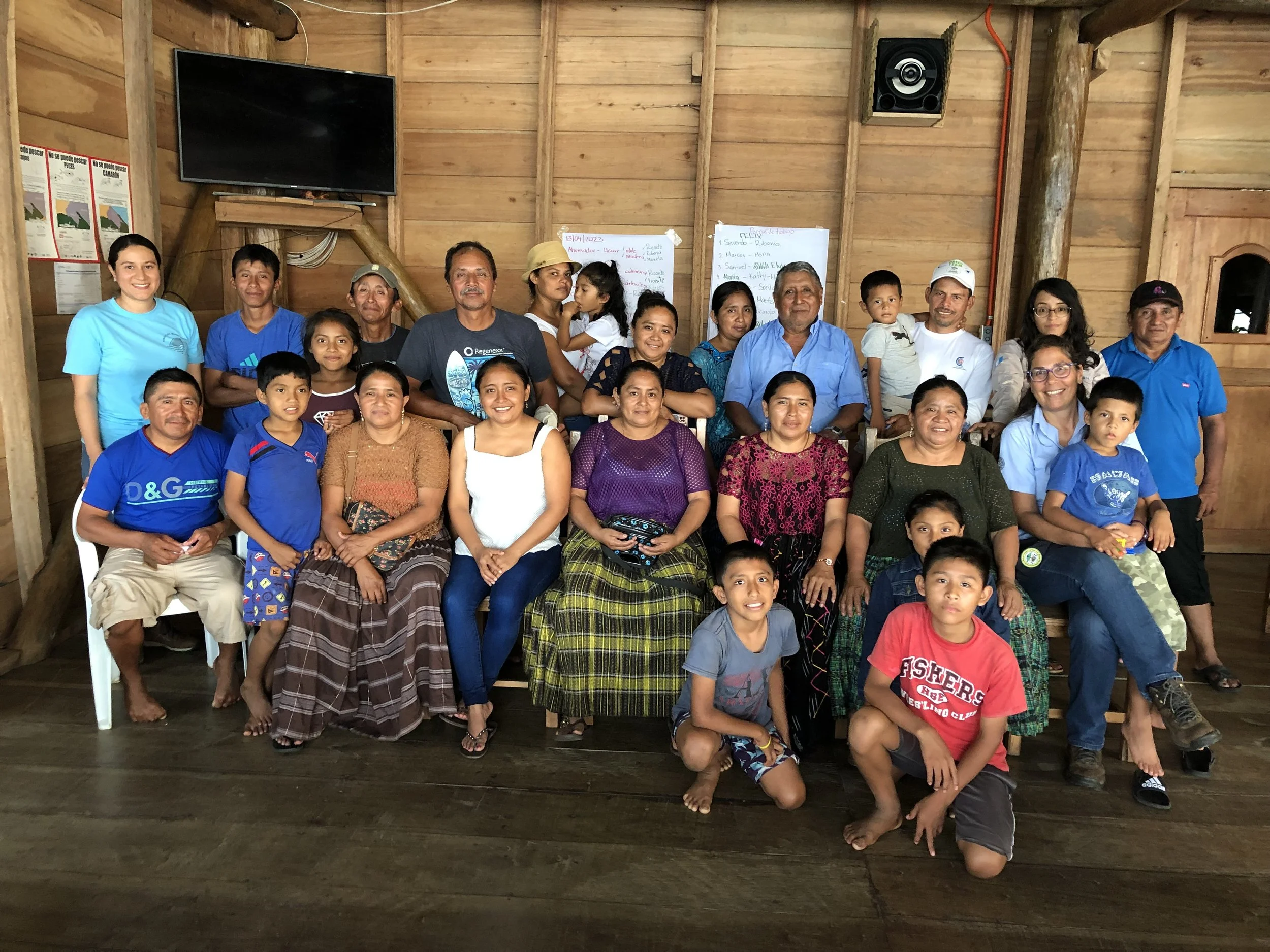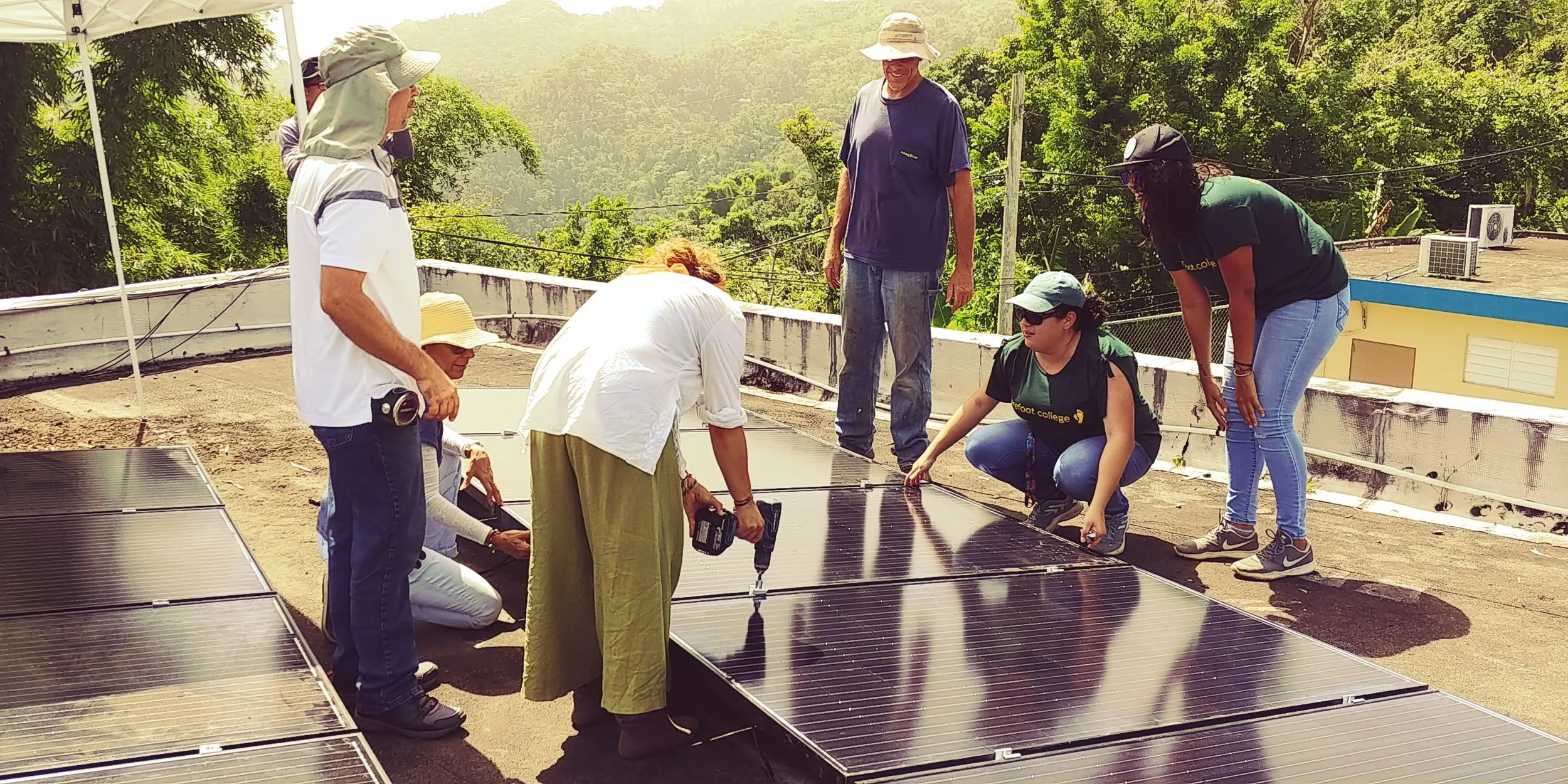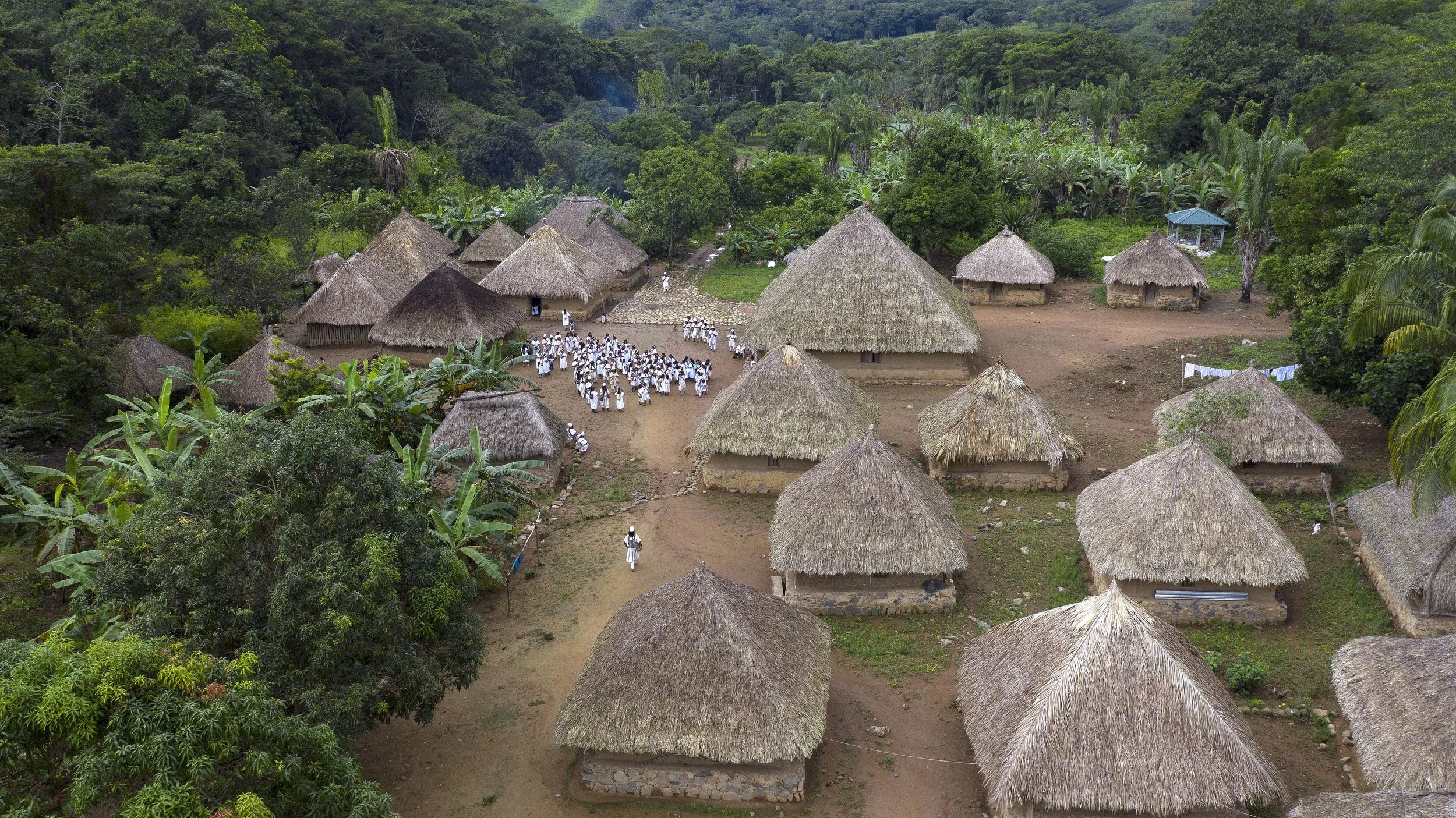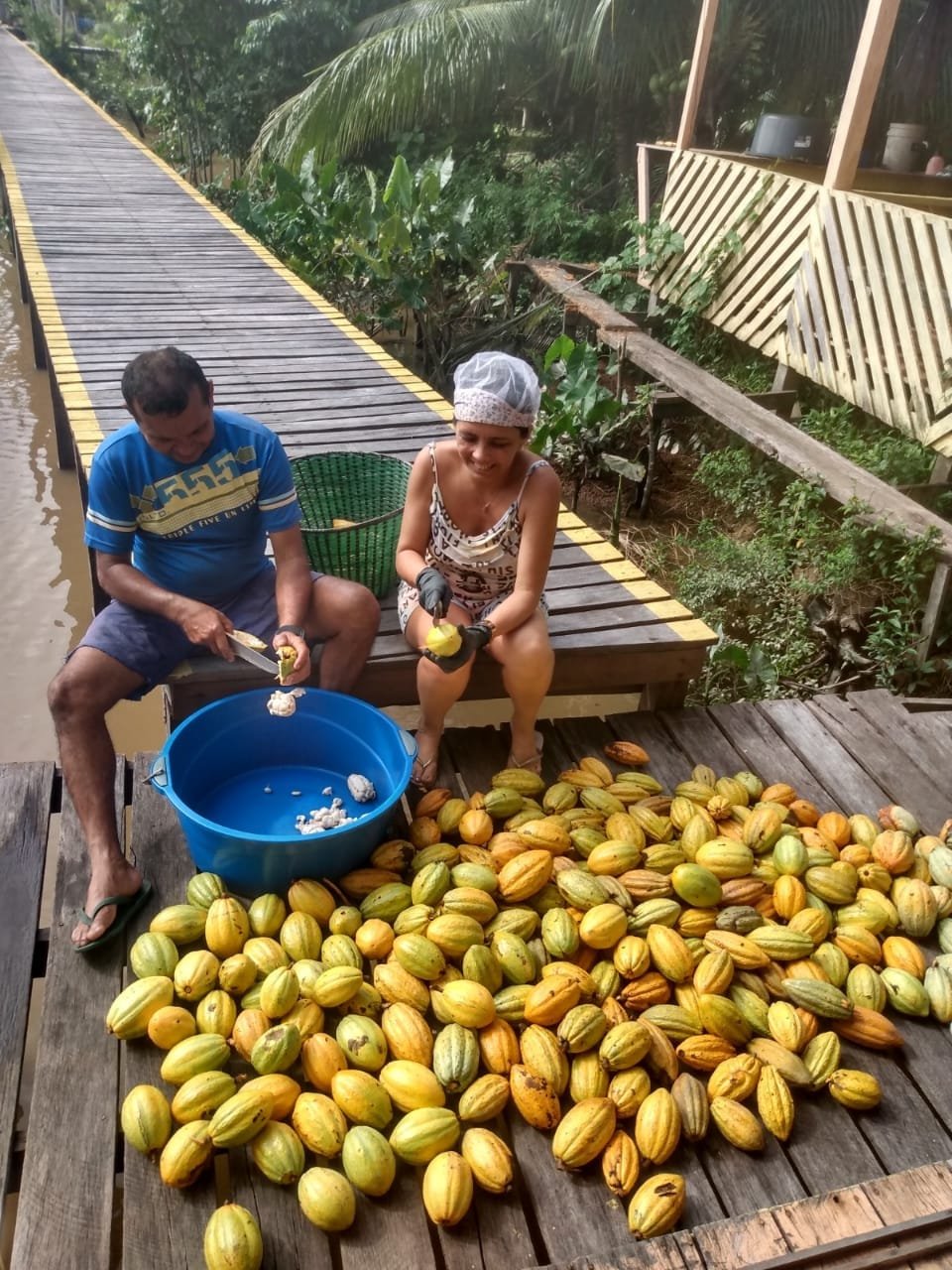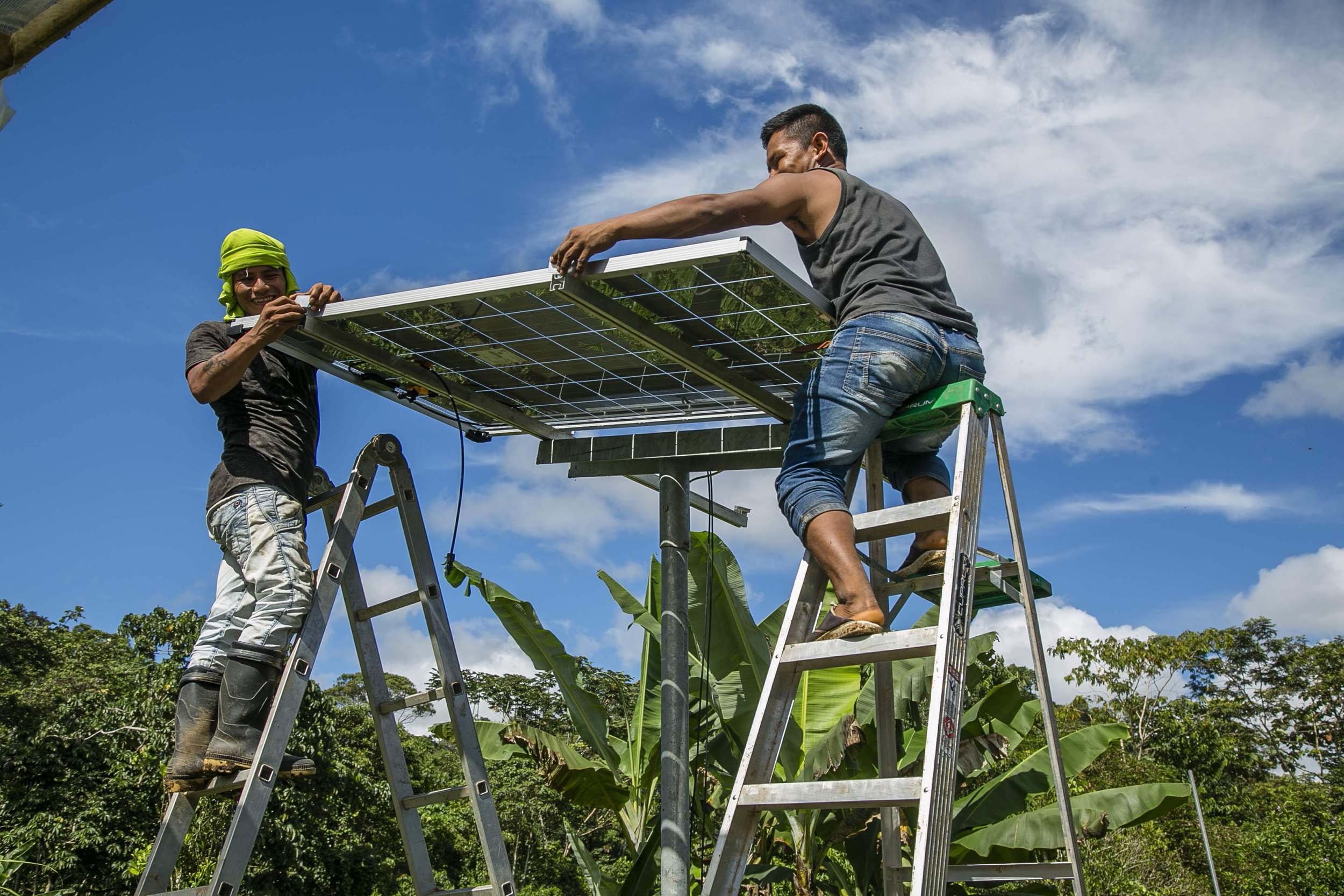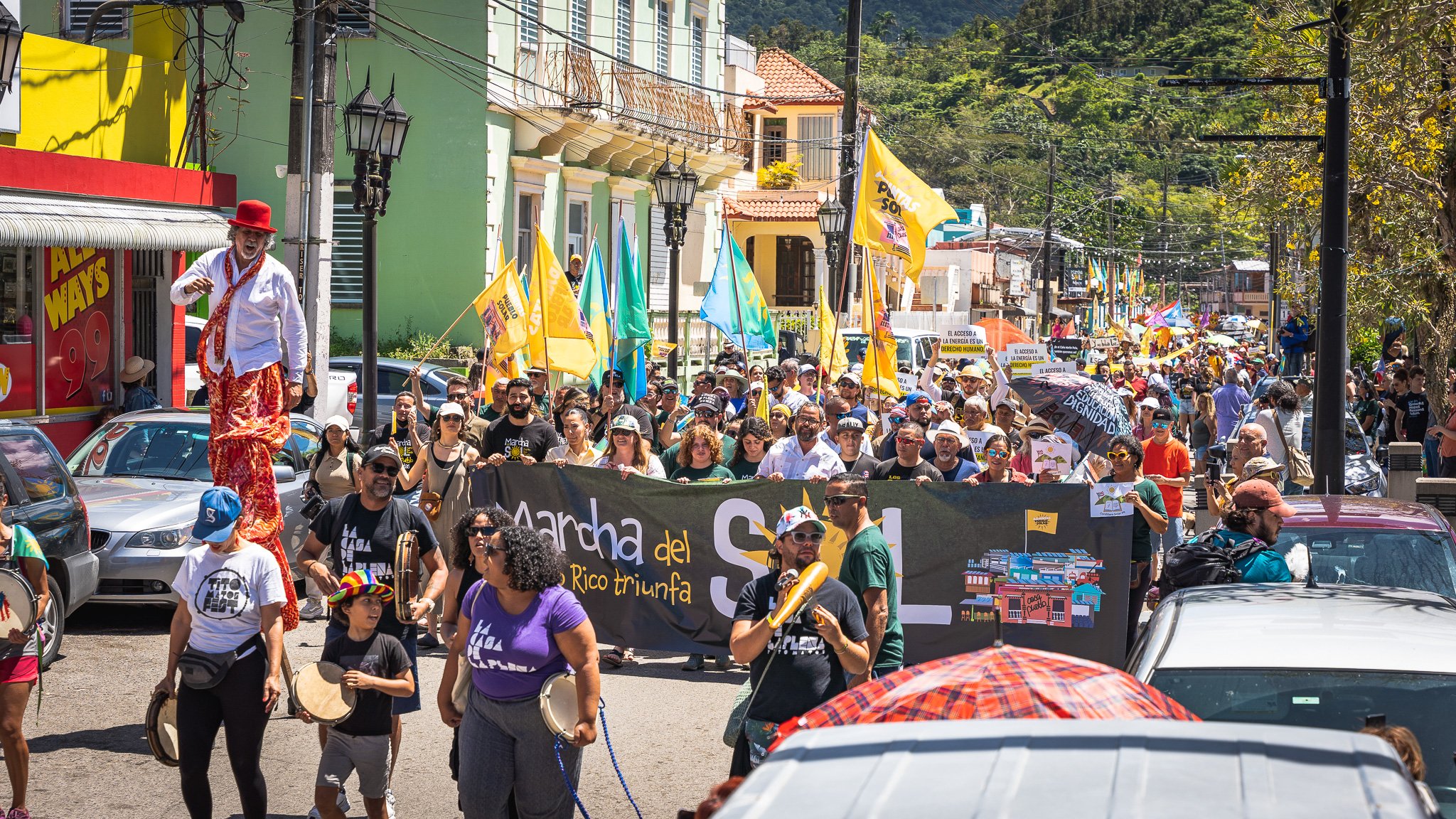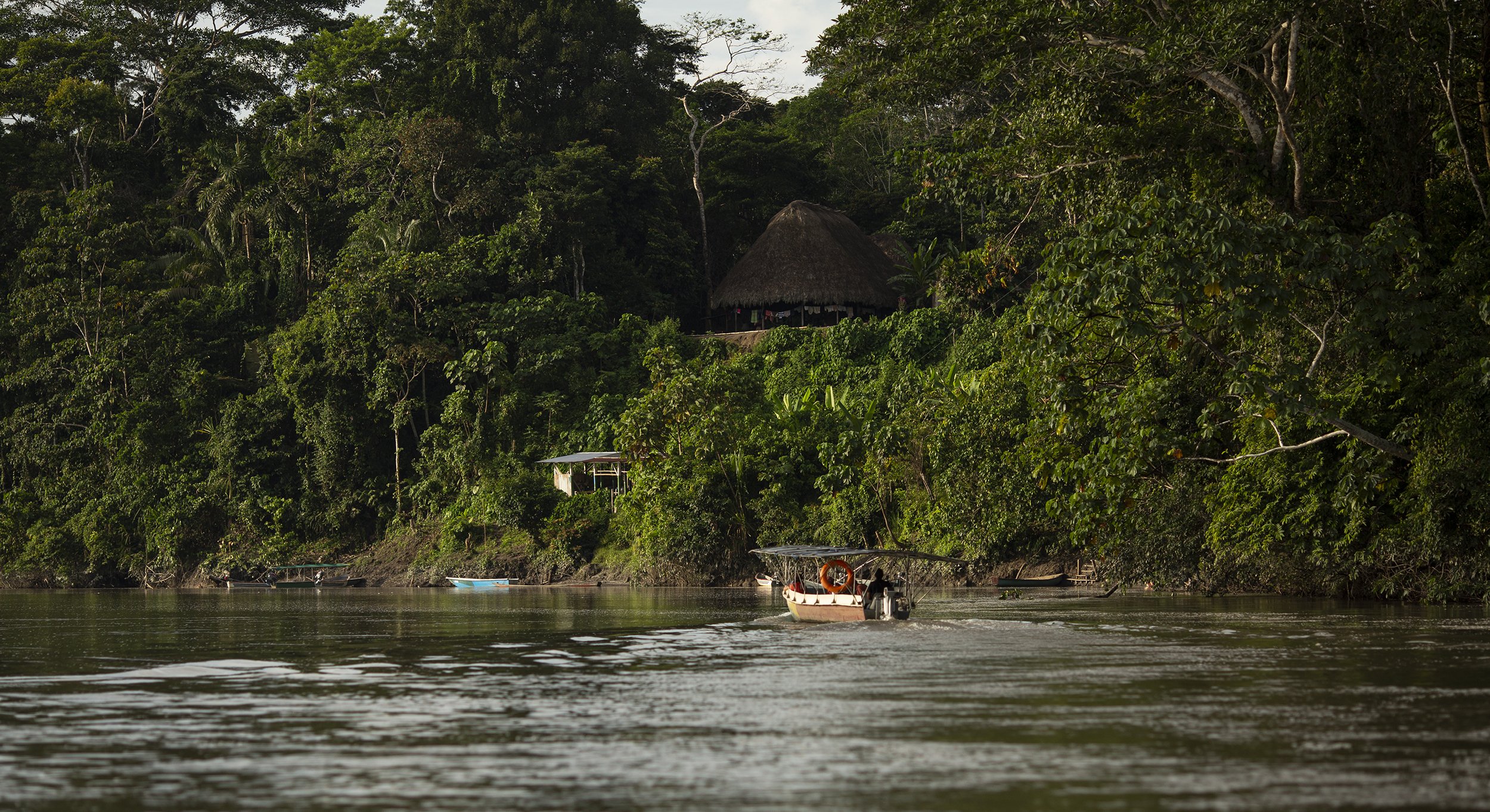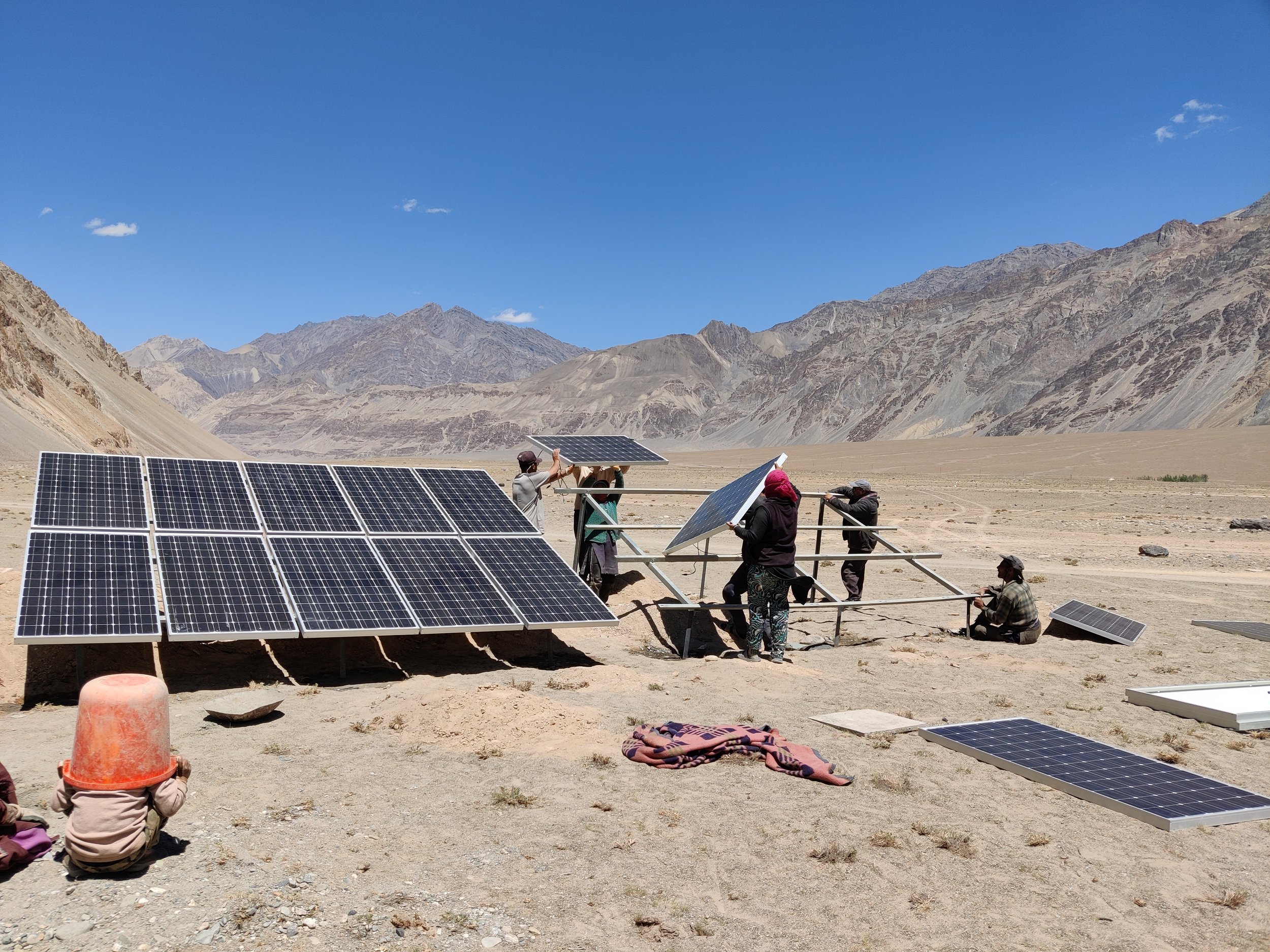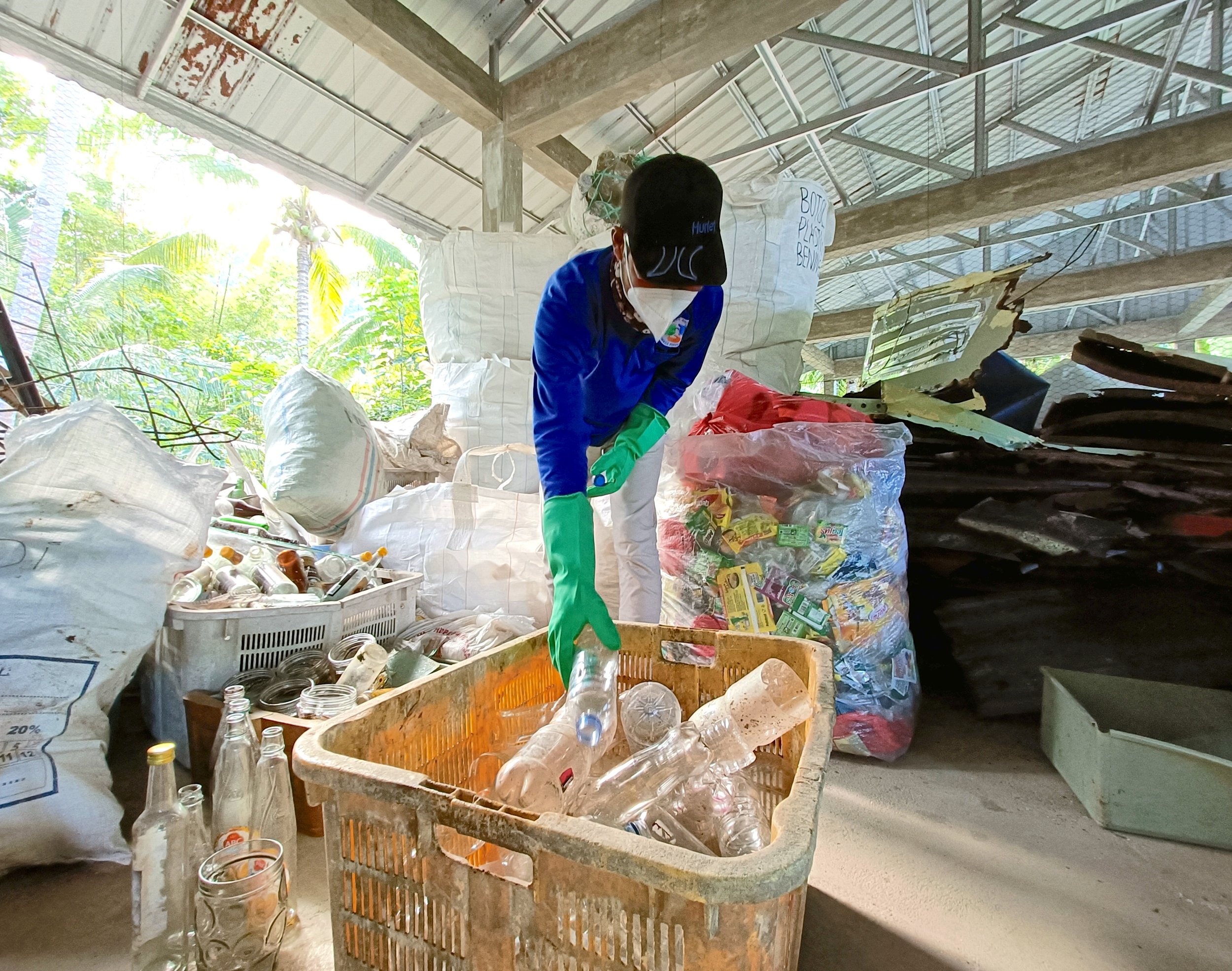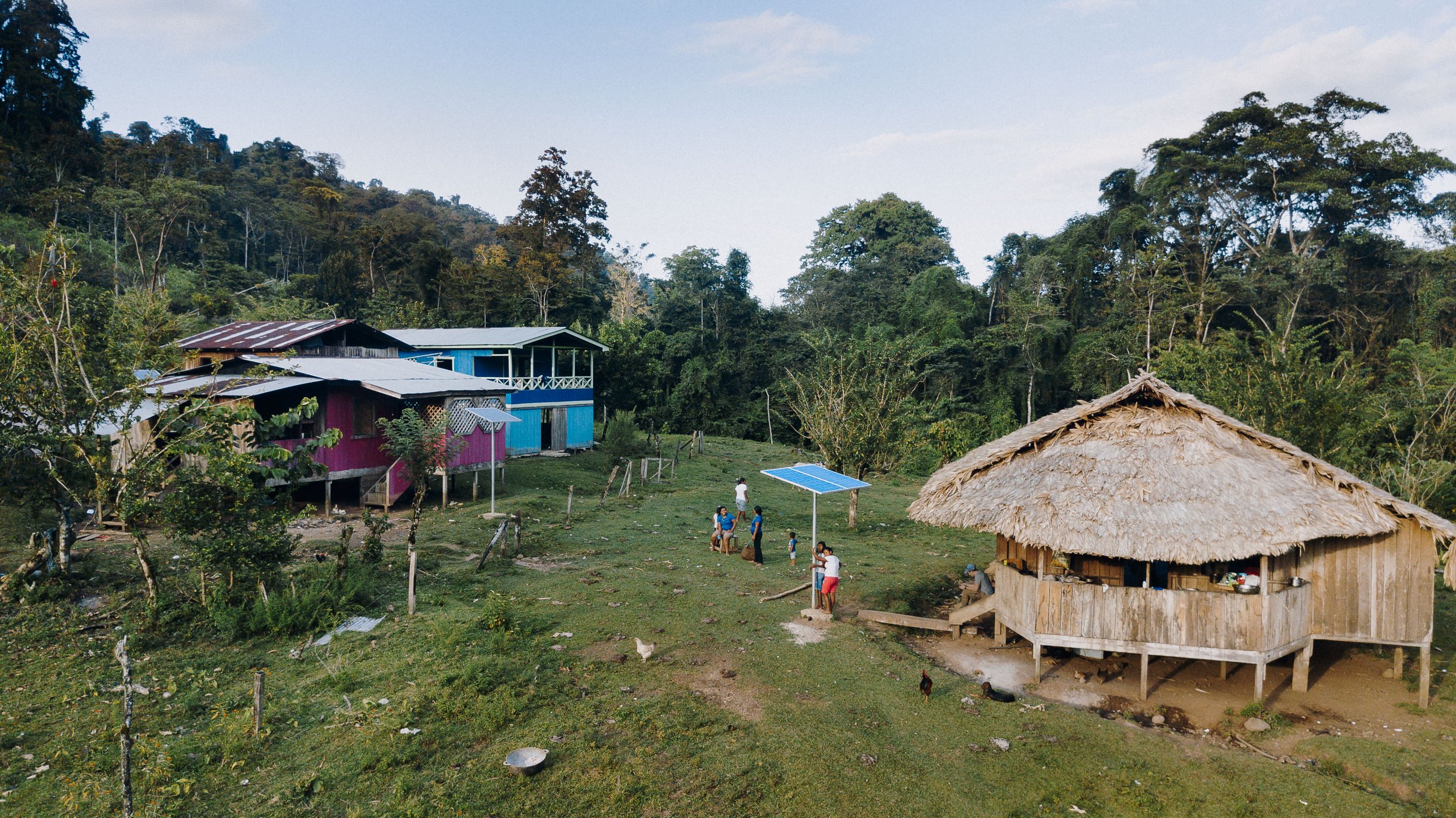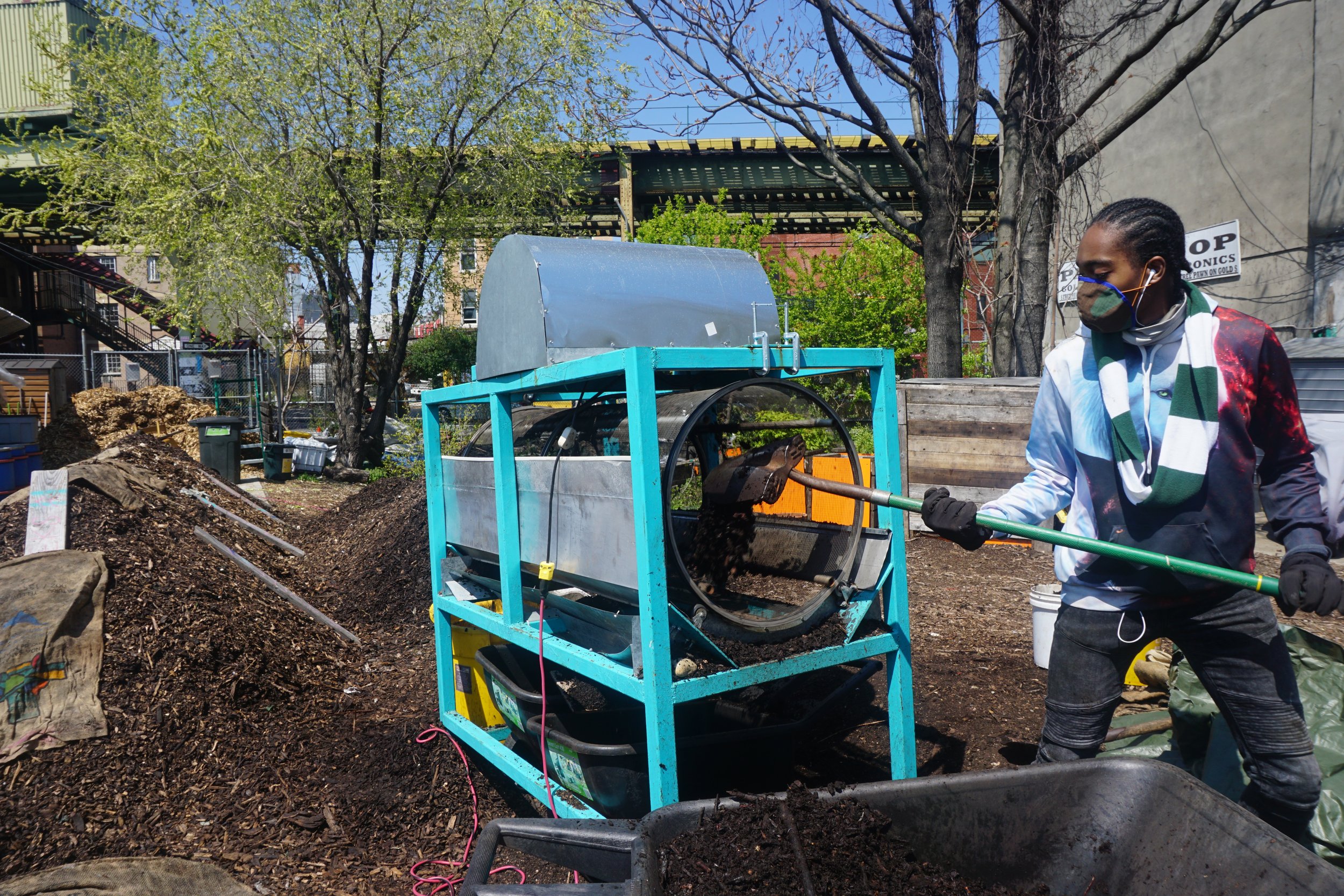At the Honnold Foundation, we believe partnership goes far beyond writing a check.
Our programs are built to create a constellation of support around our grantee partners. Flexible, multi-year funding with minimal reporting requirements allows organizations to focus on serving their communities. Our storytelling and amplification programs ensure that our Partners have access to the conference rooms, screens, and media spaces where their voices can spark change. And our capacity building meets partners where they are, providing virtual workshops, on-demand executive leadership coaching, communications and media support, and more. Our goal is to empower grassroots leaders as they navigate the nonprofit landscape, saving them time, curating skill-building opportunities, and connecting them with industry experts.
Today, we’re sharing these resources with everyone.
The Honnold Foundation Nonprofit Resource Guide, available in English and Spanish, is a one-stop shop for nonprofit leaders and staff. Dense and information-rich by design, the resource guide covers the fundamentals for building and sustaining an impactful nonprofit.
As we say in the Guide, “we believe that learning and growth for nonprofit leaders can be visualized like a tree. The trunk provides support as a foundation, and branches that indicate strategic areas for learning. We’ve developed a modular curriculum with vetted resources to help you grow your trunk, giving you the flexibility to explore different branches at a pace that suits your capacity, interest, and needs.”
Feedback to share on the guide? Get in touch here.




